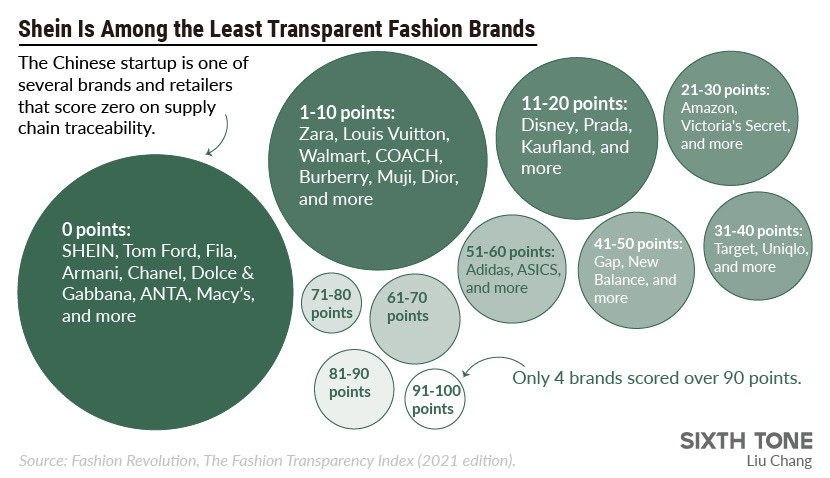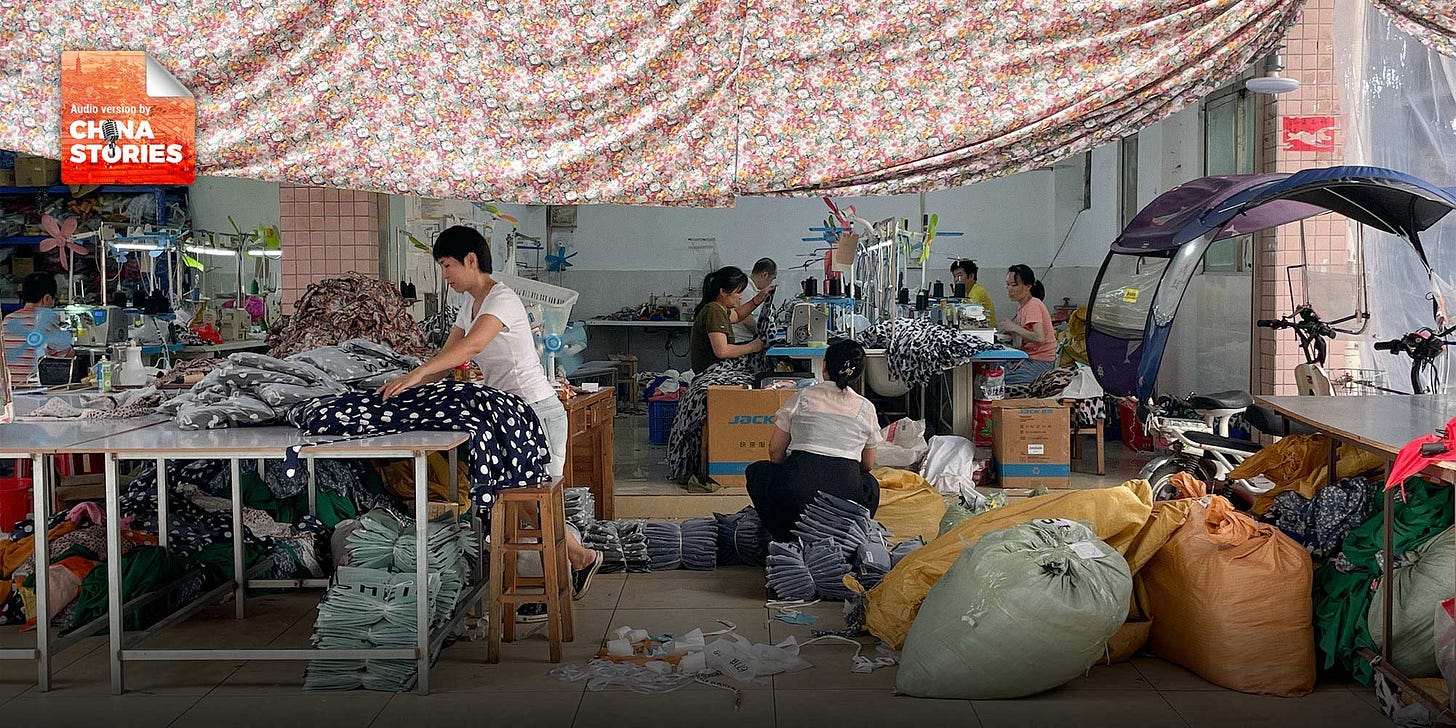The Shein Influencer Backlash
How Sponsored Content Ignored Labor Issues and Sparked Public Outrage
Have you heard about the massive backlash facing a group of influencers for promoting the Chinese fast fashion brand Shein? I woke up to many news on this topic and was worth summarize what happened.
Shein has a long history of facing allegations, including unfair labor practices, poor working conditions, and even forced labor. With a potential IPO on the horizon, Shein is determined to rebrand itself as a responsible clothing company. As part of this campaign, Shein invited a group of influencers to tour one of their supplier warehouses. Let's look at their sponsored content about the trip to China.
One influencer described the experience as life-changing, emphasizing the opportunity to witness the entire clothing production process firsthand. They were genuinely excited and impressed by the working conditions, highlighting the advanced technology and the development complex. However, if you watch these videos, you'll notice that the influencers constantly repeat PR spin and corporate talking points. They were focused on promoting Shein in a positive light rather than addressing the company's problematic practices.
At one point, an influencer who claimed to be an investigative journalist approached a worker at the company and asked about their experience. It's ludicrous to expect an honest response from a worker with a phone in their face, knowing that their words could potentially reach millions of people on the internet, especially when corporate PR spokespeople were present. The worker wouldn't risk saying anything that could jeopardize their job, which might already be precarious. This incident highlights how influencers glossed over Shein's long-standing history of poor working conditions and problematic labor practices.
The backlash against these influencers is understandable. Some have even taken down or made their responses to these videos private. People worldwide are expressing their anger, criticizing the influencers for overlooking the serious issues surrounding Shein. Many individuals are praying for the downfall of these influencers, considering this situation a prime example of everything wrong with society. However, it's important to acknowledge that influencers are going nowhere. In fact, they are becoming increasingly influential in how people obtain news and information.
According to a recent report from Reuters, trust in traditional media is declining, and an increasing number of people are turning to platforms like TikTok and Instagram for their information. On TikTok, 55% of users and 52% of Instagram users get their information directly from influencers, bypassing traditional journalists and media outlets.
The head of the Reuters Institute, who conducted the study, stated that there is no reasonable expectation that these young audiences will suddenly prefer old-fashioned websites, broadcast, or print media for news consumption.
While it's worth noting that there are content creators who excel at communicating news and information, we must recognize the significant problems that come with this new media landscape. The Shein influencer trip is a good example of what can go wrong. Influencers are more likely to buy into a corporate narrative and be excited about the access they receive rather than critically examining the ethical implications. Journalists are trained to recognize power dynamics and subtleties, but many influencers prioritize the perks, such as free trips, without considering the larger context.
This isn't the first time influencers have been used to promote pro-corporate or state propaganda. In 2019, The New York Times published a story by Taylor Lorenz revealing how the Kingdom of Saudi Arabia hired dozens of influencers to promote sponsored content, overlooking human rights abuses and restrictive policies. When called out, these influencers blocked their critics and faced a significant loss of followers. It's important to note that influencers are not bound by ethical best practices, unlike journalists, such as refusing freebies or trips in exchange for positive coverage.
As we navigate this evolving media landscape, people must question the news and ideas their favorite influencers push. We must consider the motives behind influencers' narratives and be aware of the potential biases and ethical lapses. While there are responsible influencers out there, there are also those who promote harmful ideologies. In the case of fast fashion influencers, we've seen their willingness to overlook investigative reporting exposing terrible working conditions and labor violations in exchange for a free trip.
In conclusion, the rise of influencers has undoubtedly transformed how people consume news and information. The Shein influencer trip is a stark reminder of the ethical pitfalls when influencers prioritize personal gain over journalistic integrity.
We must engage critically with the content they consume and question the motives behind influencers' messages.
By doing so, we can navigate this new media landscape more effectively.
Vera
I really hope you're enjoying The Sustainability Pulse, my weekly newsletter looking at sustainability in the fashion industry. If you find the tips and insights useful, please share these articles to help spread the word.









thanks for the reminder about fast fashion, and also for calling out "luxury" brands we are taught to covet.